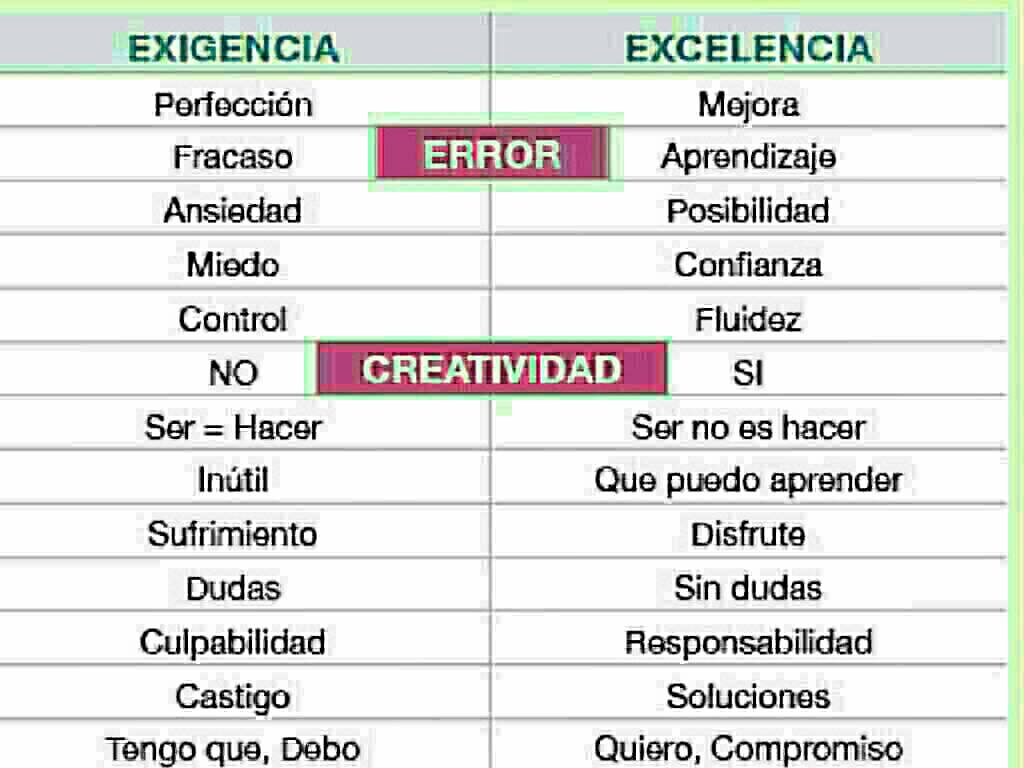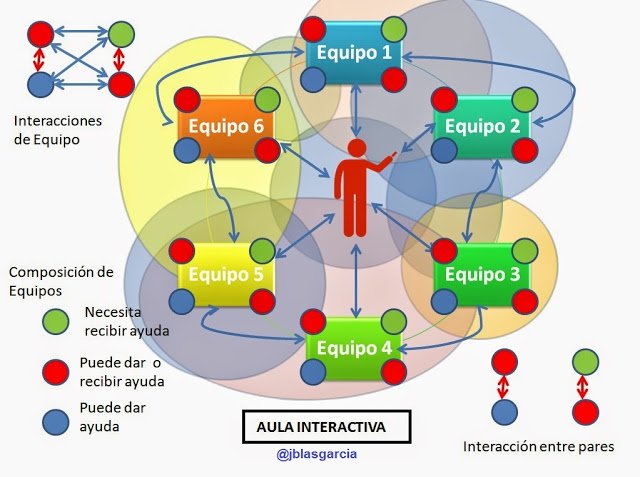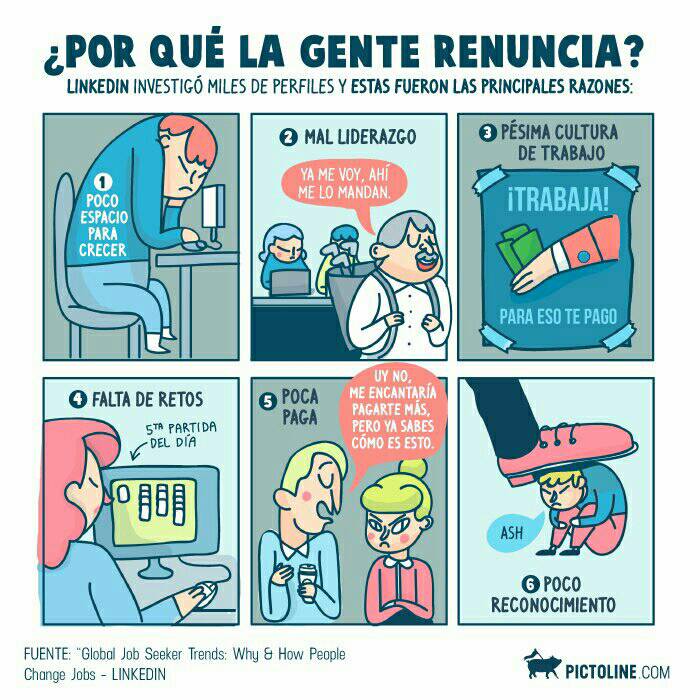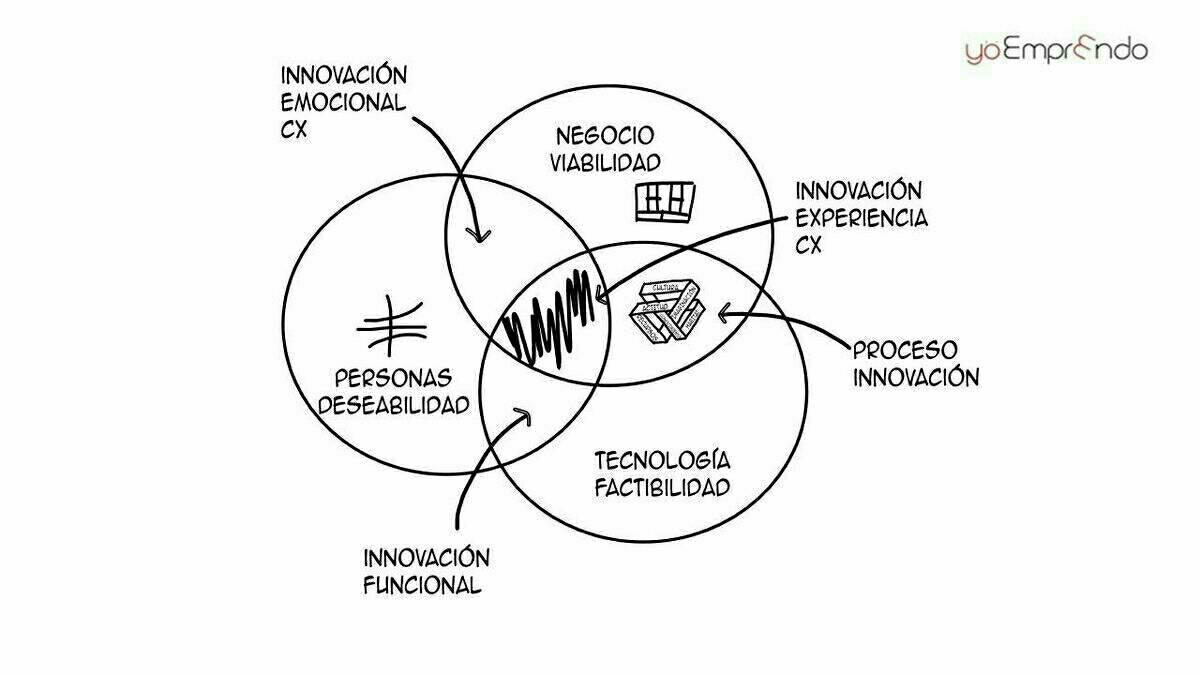
domingo, 22 de abril de 2018
miércoles, 18 de abril de 2018
El futuro en manos de la nueva juventud centennial
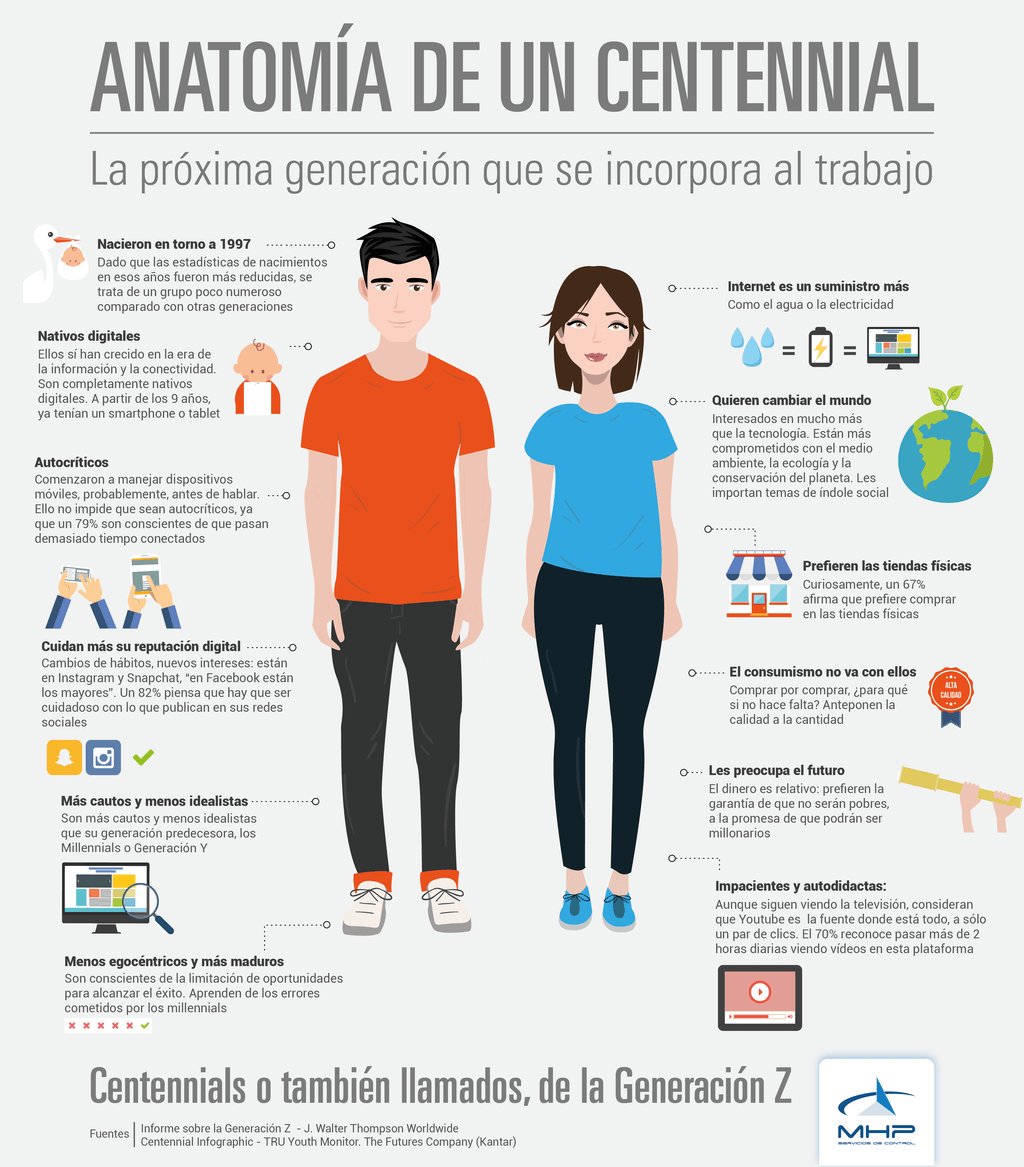
Mucho se ha hablado en el último tiempo sobre las dos últimas generaciones – y muy de moda -. La generación millennial está compuesta por personas que nacieron entre 1980 y 1995, esto quiere decir que tienen entre 37 y 21 años. Por su parte, la generación centennial, a diferencia de los primeros, se compone de personas nacidas a partir de 1997. Algunos autores hasta consideran que son las personas nacidas a partir del año 2000 en adelante, aunque como en todas las épocas, no existe un consenso sobre el año exacto en que se produce la brecha entre una generación y otra.
A pesar de que se llevan pocos años de edad, los millennials (generación Z) y centennials (generación Y) tienen diferencias sustanciales. Una de ellas, es la brecha tecnológica evidente. Aunque ambos son nativos digitales, la generación Z conoció un mundo sin tecnología avanzada, mientras que la generación Y, no ha conocido vida sin redes sociales ni Internet, eso cambia sus hábitos y comportamientos, principalmente en el consumo. Es por eso, que estos "futuros adultos" son motivo de estudio permanente.
martes, 17 de abril de 2018
jueves, 12 de abril de 2018
lunes, 9 de abril de 2018
sábado, 7 de abril de 2018
viernes, 6 de abril de 2018
5-Hour Rule: If you’re not spending 5 hours per week learning, you’re being irresponsible
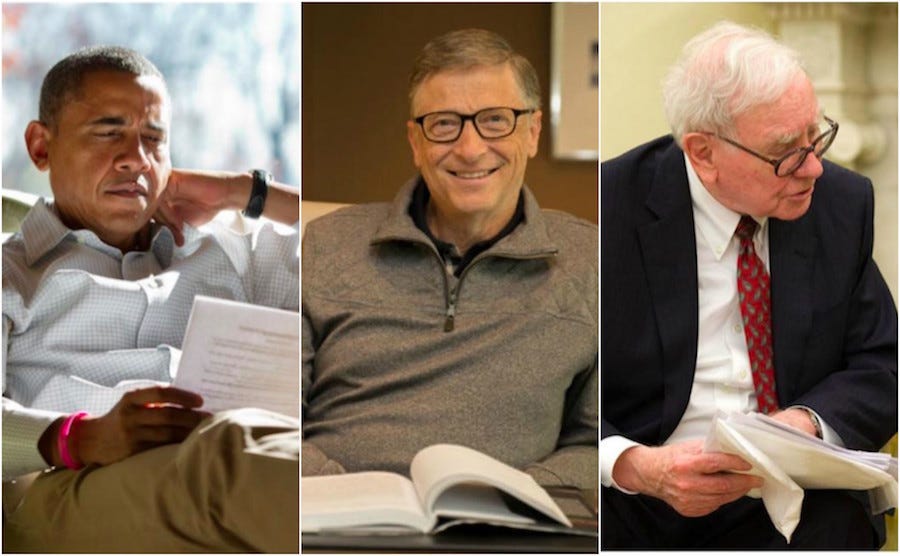
Why did the busiest person in the world, former president Barack Obama, read an hour a day while in office?
Why has the best investor in history, Warren Buffett, invested 80% of his time in reading and thinking throughout his career?
Why has the world’s richest person, Bill Gates, read a book a week during his career? And why has he taken a yearly two-week reading vacation throughout his entire career?
Why do the world’s smartest and busiest people find one hour a day for deliberate learning (the 5-hour rule), while others make excuses about how busy they are?
What do they see that others don’t?
The answer is simple: Learning is the single best investment of our time that we can make. Or as Benjamin Franklin said, “An investment in knowledge pays the best interest.”
This insight is fundamental to succeeding in our knowledge economy, yet few people realize it. Luckily, once you do understand the value of knowledge, it’s simple to get more of it. Just dedicate yourself to constant learning.
jueves, 5 de abril de 2018
Suscribirse a:
Comentarios (Atom)
